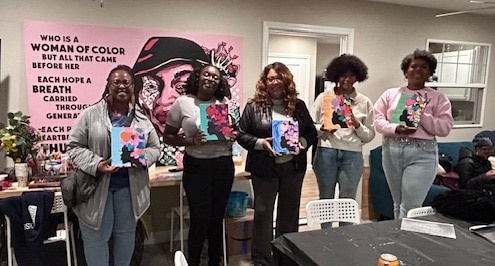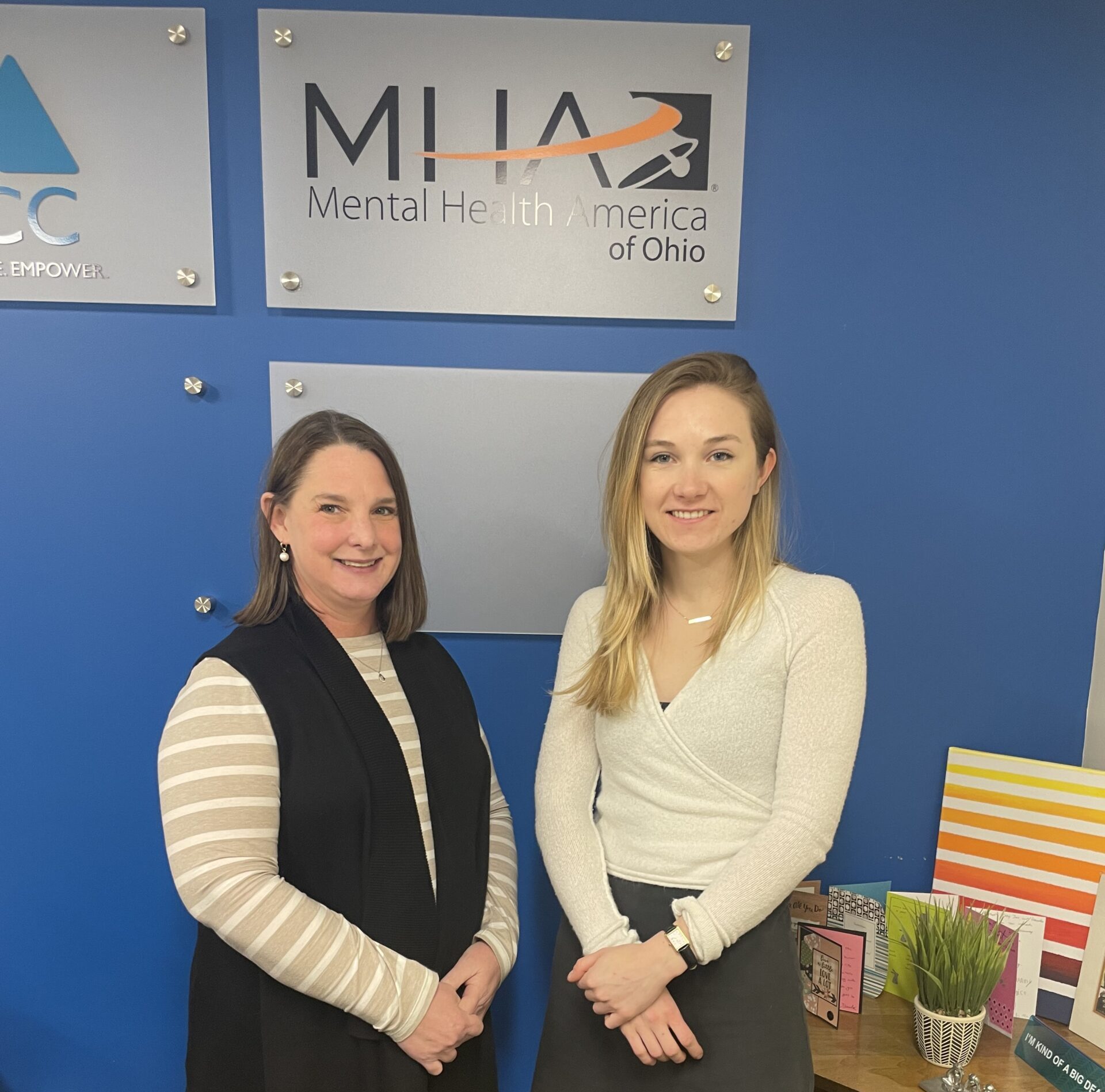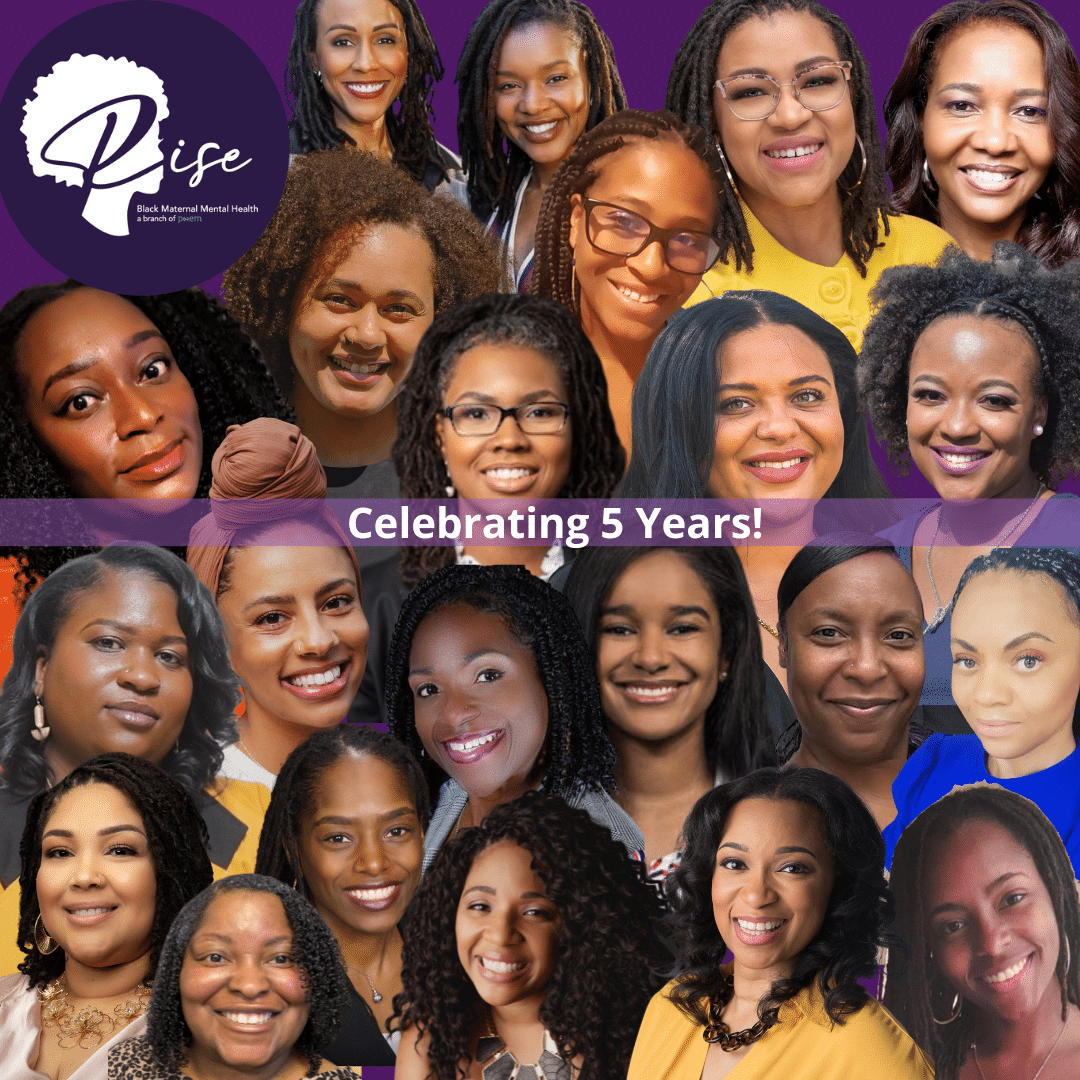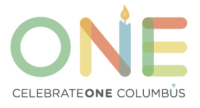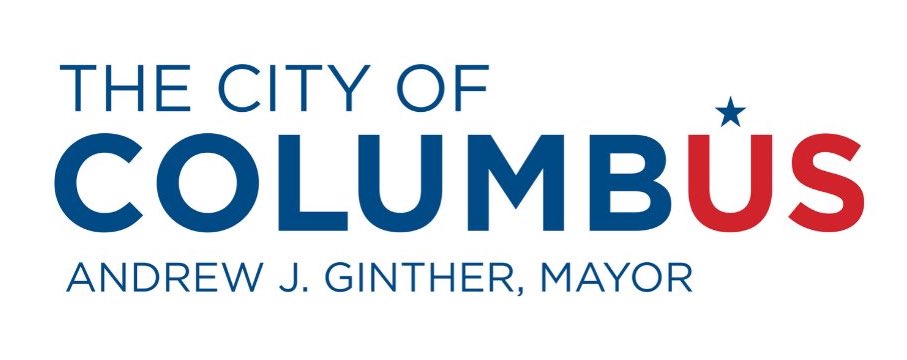During Mental Health Month, we will be featuring individuals who have offered to share their lived experiences with trauma or a mental health disorder.
These inspiring stories of courage and bravery remind us that no matter what we are facing, help and support are available, and recovery is possible.
We thank them for being vulnerable enough to share their story.
Content warning: this article talks about suicide
Stephanie Mitchell Hughes is a successful lawyer, an involved mother, a devoted daughter, and a caring friend. She grew up in a loving family in the suburbs of Cincinnati, and from the outside looking in, had everything she needed to be happy.
But she wasn’t.
She didn’t have the language to express it at the time, but now as an adult, she estimates she has been depressed since around the age of 15.
“I have lived with depression for at least the last 45 years with generous episodes of suicidal ideation sprinkled throughout,” Stephanie said. “I know from first-hand experience that mental illness is messy and disruptive.”
To cope with her symptoms and manage her life, she does the one thing that many people with a mental illness avoid. She talks about it.
“Storytelling is transformative,” Stephanie said. “Don’t be afraid of telling the good, bad, and ugly parts of mental illness and suicide, even if the ground shakes beneath your feet. You never know who is watching, reading, or listening.”
Stephanie said she was a melancholy, sensitive child. Her first memory of depression was at age 15, when she locked herself in her bedroom, got in bed, and did not move or respond to her family’s calls. She remembers feeling like she was covered with something heavy but didn’t have the language or awareness to express what was going on.
She coped with depression through college and law school. At age 30, she got married and had two beautiful children. When her husband left her in 2006 and she became a single parent, her depression spiraled.
“His leaving was like pulling a cork out of a champagne bottle,” she said. “I realized I had been depressed for at least a decade and didn’t know it. That meant that I had raised my children as a depressed person, lived as a depressed person, and worked as a depressed person.”
She began taking antidepressants. She didn’t like taking them, so she would take them until she felt better, then stop. This caused her to hit a wall, unravel, and often become suicidal. She repeated this cycle until her internist gave her some tough love, and asked her how long she planned to do this to herself and by extension, her children. Her psychiatrist increased her dosage.
“It was then that I decided to take my medication as prescribed, even though I hated it,” she said.
For the next several years, she tried to pick up the pieces of her life and help her children cope with the divorce. She found a psychiatrist she liked who eventually retired. In 2016, in the midst of another mental health crisis, she published a candid post on Facebook, which caused friends to call her with worry and alert her family.
“If you step back and look at it as a lawyer, it was career suicide for me to stand up and say, ‘Oh, I have this condition,’” she said.
Backed into a corner, she had a choice: responsibly manage her mental health, or continue down a dangerous and destructive path.
“My children needed me to be mentally and emotionally healthy,” she said. “So, I chose to prioritize my mental health and have never looked back.”
Today, Stephanie Mitchell Hughes is the Interim Assistant Director at NAMI Franklin County. She writes, speaks, and presents workshops on living with depression. She leans on her faith for strength, practices patience and gratitude, and prioritizes self-care. One of the ways she copes is by openly sharing her story. You can follow Stephanie on Medium, Twitter, or LinkedIn.
If you can relate to Stephanie’s story or have feelings of sadness, depression, or hopelessness, you don’t have to manage it alone. MHAOhio offers free connections to services, pro bono counseling, support groups, and other programs to help you get better and stay better.
If you are in crisis or have thoughts of suicide, call the free and confidential 988 Suicide & Crisis Lifeline, available 24 hours a day, seven days a week
For more information or to learn more about our programs, visit our website or call our free Get Connected phone line at (614) 242-4357.



